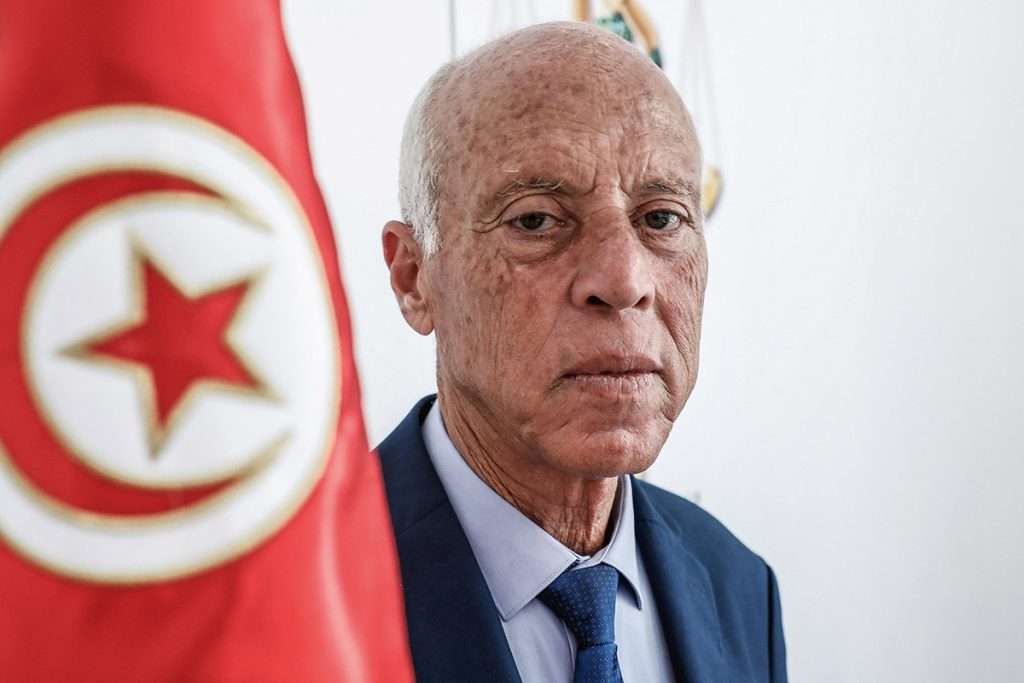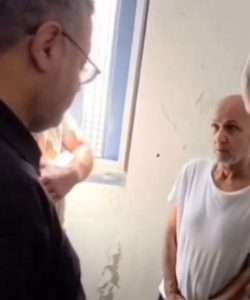Tunisian inmate jailed for refusing to watch President Saied on TV

WX0B9E Tunis, Tunisia. 16th Sep, 2019. Independent presidential candidate Kais Saied, Tunisian jurist and professor of constitutional law, poses for a picture. Saied and media magnate Nabil Karoui, who was arrested last month on charges of money laundering and tax evasion, are set to face a run-off after a hotly-contested Tunisian presidential election that saw 26 contenders vying for the job, according to preliminary results from the electoral commission on Monday. Credit: Khaled Nasraoui/dpa/Alamy Live News
A Tunisian prisoner received a six-month jail sentence after refusing to watch a televised news segment featuring President Kais Saied, according to his lawyer and a human rights organisation, as reported by The New Arab plus agencies on July 11th.
The incident occurred in a prison in Gafsa, a central Tunisian town, where the inmate expressed his objection to watching coverage of the president’s activities on television.
If these claims are true, it is yet another example of the rise of authoritarianism in Tunisia under the leadership of Saied. For example, political opponents and dissenters of Saied face unfair trials and lengthy jail time.
The Tunisian League for Human Rights confirmed that a cellmate reported the man after he voiced opposition to the broadcast. Authorities investigated the complaint, and a court sentenced him to six months in prison. The group condemned the ruling as part of a “policy of gagging voices that even extends to prisoners in their cells.”
Lawyer Adel Sghaier stated that the prosecution was initially charged with offences against the head of state. Prosecutors later reclassified the case under public decency laws, a move Sghaier believed would increase the unwanted interpretation of a “political” element to the charges.
Sghaier explained that his client insulted the president and demanded that the prison staff change the channel when Saied appeared on screen. The man, who had previously lived in Italy without documentation, reportedly blamed the president for “ruining his life” by agreeing to repatriate irregular Tunisian migrants. Italian authorities had deported him under this policy.
Court officials in Gafsa have not issued a statement on the matter. President Saied, who took office in 2019, has ruled by decree since his 2021 power grab. Likewise, rights groups inside and outside Tunisia have repeatedly raised alarms over what they describe as a sharp erosion of civil liberties under his leadership.
The New Arab and Agencies, Maghrebi.org, Amnesty International
Want to chase the pulse of North Africa?
Subscribe to receive our FREE weekly PDF magazine














